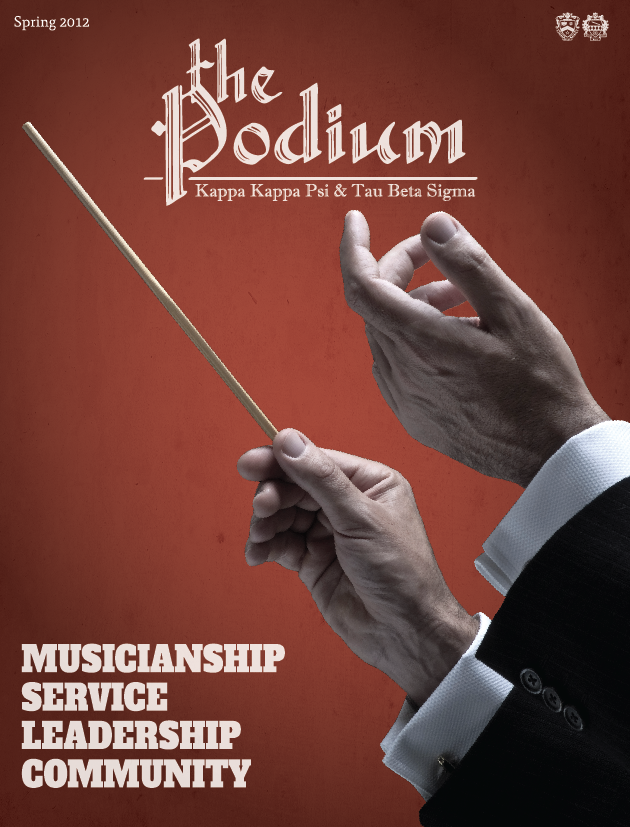Avoid Cultural Appropriation
In the lead-up to October 31st, you will likely be thinking about what costume you’ll wear to the annual Halloween party or to your band’s Halloween costume rehearsal. And while Halloween is always fun and games, the costume you select might not be.
Traditionally speaking, many people gravitate towards a costume that is easy to put together or sold in a package at the store – but have you ever stopped to think about the message behind your costume? The answer is likely no. You likely just grab something you think will look good or is funny to your friend group; something that will make you the topic of conversation in the band hall.
This is why cultural appropriation is important to discuss, and even more important to think about as you begin to assemble your costume this Halloween season. Cultural appropriation is defined by the Oxford dictionary as the “unacknowledged or inappropriate adoption of the practices, costumes, or aesthetics of one social or ethnic group by members of another, usually dominant, community or society.” LSPIRG.org goes on to state that this practice takes significant symbols from a culture you do not belong to and removes all original context, significance, and history for the sake of being considered “trendy”, “edgy”, or to earn profit.
If you go to your local store and look through the costume section you’ll likely find a number of costumes that represent a variety of different individuals, cultures, and stereotypes about marginalized communities like the “Native American” costumes sold by numerous retailers and Amazon. These costumes are considered extremely problematic by indigenous cultures because they encapsulate indigenous identity as a monolith frozen in time. That time is the darkest period in Indigenous history – the 19th century when European settlers displaced them from their homelands.
Additional examples of costumes that you may see outside of the costume store include Day of the Dead Sugar Skull (Día de Muertos), Hindu outfits featuring Bindis, Blackface to represent Black or African American stereotypes or individuals, Japanese Geishas, Middle Eastern Sheikhs and robes, African warriors, and more. The list of such costumes is expansive, and their harm can be far-reaching.
Imagine if you were an individual from a specific culture, and show up to an event, party, or dinner to see your culture being used as a costume and utilizing stereotypes. How might you feel about this? Do you think you would be upset or uncomfortable? Do you think it would negatively impact your relationship with that individual?
I think the LSPIRG website positions this reflection in the best way possible: “Why can certain individuals try on stereotypes and cultural outfits for a night, but marginalized folks can’t even exist safely?” We as Brothers of Kappa Kappa Psi serve as role models and leaders in our band programs and campuses, and as a result, we must ensure that our band programs, chapters, and recruitment events support our commitment to diversity, inclusion, and safe space for all members.
Therefore, as we approach the Halloween holiday, consider carefully what you wear and what message your costume might send to marginalized communities. If you are unsure if your costume might be appropriating other cultures or could be considered offensive, utilize the checklist above from Longwood University’s Student Government Association.
Happy Halloween!




